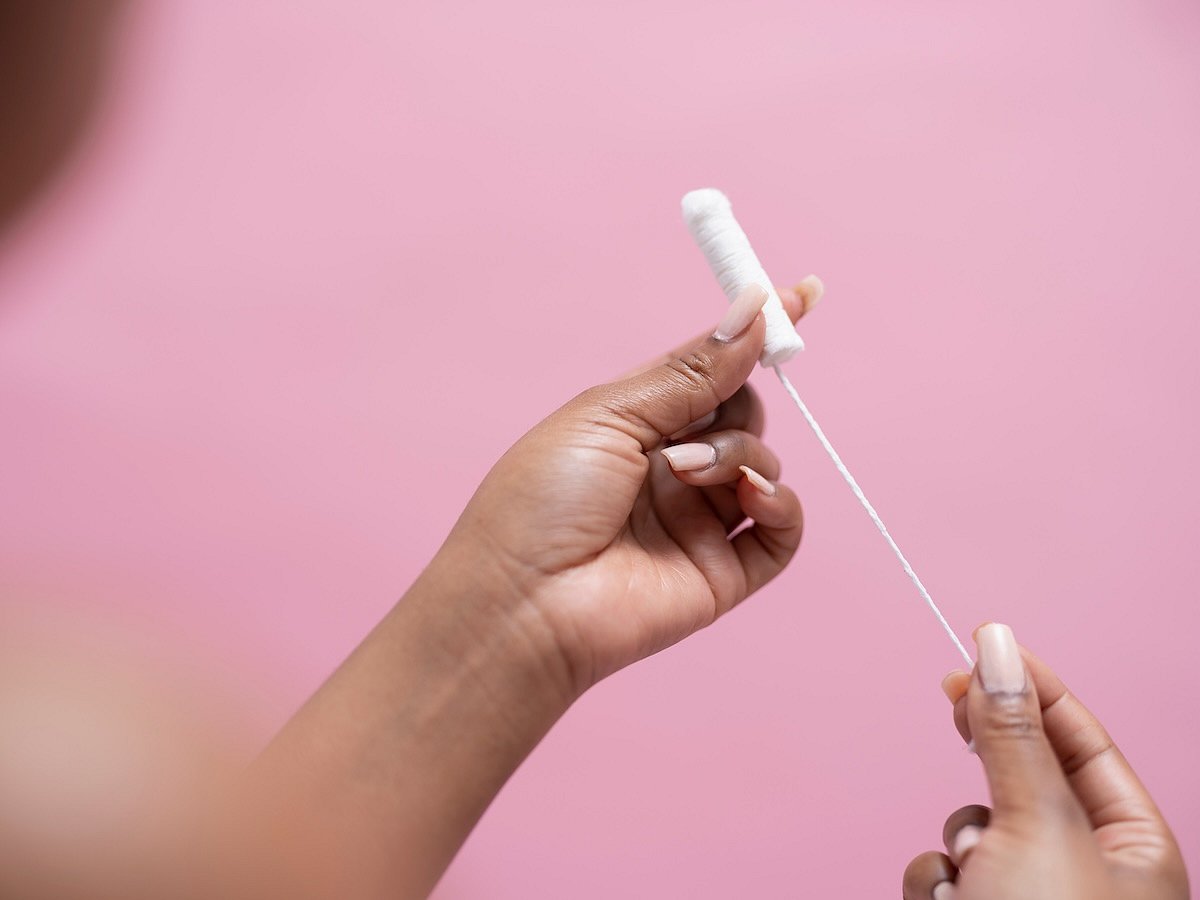Get Healthy!

- Ernie Mundell
- Posted September 11, 2024
FDA to Investigate Safety of Toxic Metals in Tampons
The U.S. Food and Drug Administration announced Tuesday that it will launch an independent review into any possible effects of toxic metals found in tampons.
The announcement follows the release of a study in July that found traces of lead and other metals in 30 tampons from 14 brands obtained from major online retailers and stores in the United States, the U.K. and Greece. That study was conducted by a team at the University of California, Berkeley, and published in the journal Environmental International.
"The FDA is aware of concerns about tampon safety after a 2024 study found metals in tampons during laboratory testing," the agency said in its announcement.
The agency stressed that tampons are tested for safety and effectiveness before making it to store shelves, but added that its review of existing data and its own laboratory study should clear up questions raised by the UC Berkeley study.
"While the study found metals in some tampons, the study did not test whether metals are released from tampons when used," the FDA noted. "It also did not test for metals being released, absorbed into the vaginal lining, and getting into the bloodstream during tampon use."
"The FDA’s laboratory study will measure the amount of metals that come out of tampons under conditions that more closely mimic normal use," the agency added. "These initiatives will enable the FDA to complete a risk assessment of metals contained in tampons, based on a worst-case scenario of metal exposure."
No timeline has been given for the completion of the study and publication of results.
The UC Berkeley study was led by Jenni Shearston, a postdoctoral scholar at the university's School of Public Health. Her team looked for concentrations of arsenic, barium, calcium, cadmium, cobalt, chromium, copper, iron, manganese, mercury, nickel, lead, selenium, strontium, vanadium and zinc in commercially available tampons.
Various metals were found in the products, and in one product all 16 metals were detected, the team said.
Organic tampons had less lead and more arsenic than non-organic ones. The study also found that products sold in the United States had higher concentrations of lead than those marketed in the Europe.
"Our findings point towards the need for regulations requiring the testing of metals in tampons by manufacturers," the researchers wrote.
Tampons are made with cotton, rayon or a combination of the two. Researchers said the metals could have came from the soil through the plants used to make the products. The presence of metals could also be linked to chemicals used in the tampons as antimicrobials or to control odor.
The July study spurred the Democratic Women’s Caucus to send a letter on Sept. 5 that asked the FDA to examine the issue.
“Women use about 7,400 tampons over the course of their reproductive years, so the presence of potentially harmful metals and chemicals in these products is incredibly concerning,” caucus members wrote. “We urge the FDA to take swift action to ensure that women are safe from harmful and toxic substances in tampons.”
More information
The World Health Organization has more on lead poisoning.
SOURCE: U.S. Food and Drug Administration, news release, Sept. 10, 2024; Democratic Women's Caucus, letter, Sept. 5, 2024; Environmental International, July 3, 2024






